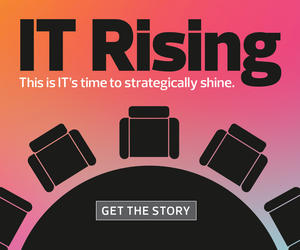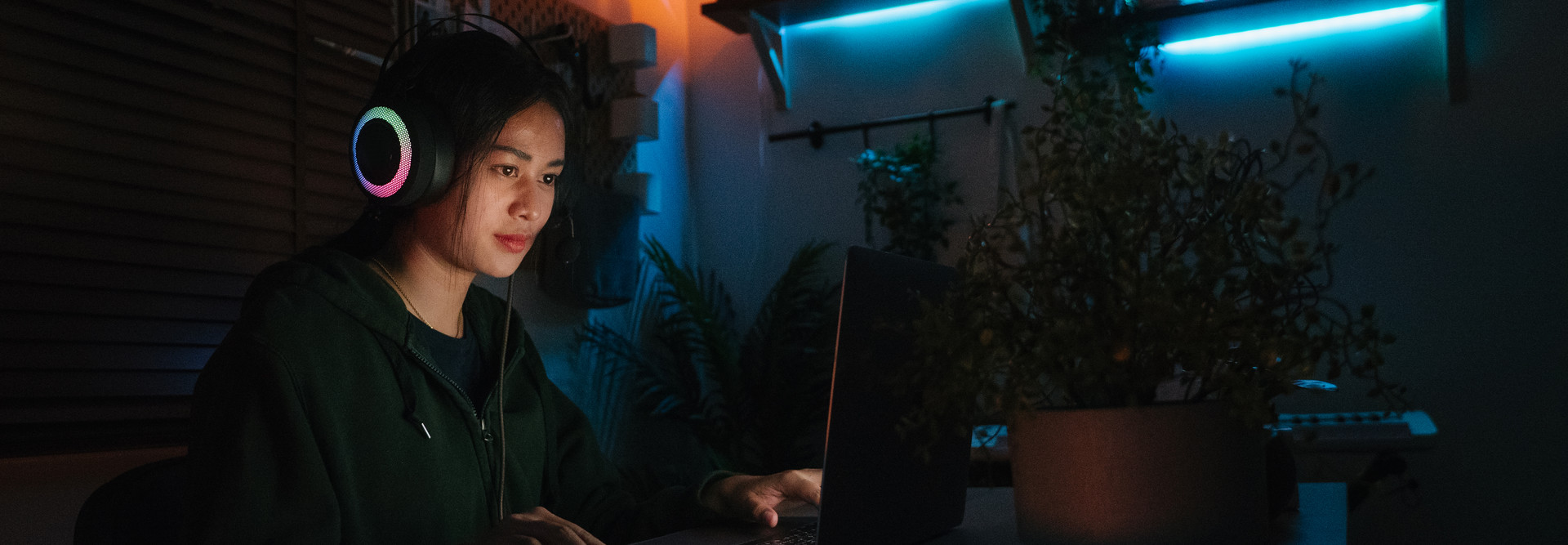EDITOR’S NOTE: Sign up to become an Insider and read part two of this Q&A, in which Mike Aguilar discusses how he creates financial opportunities for his university through esports. Sign-up is free.
As the writer Margaret J. Wheatley once said, “There is no power for change greater than a community discovering what it cares about.” The University of Oklahoma’s esports team is a testament to this axiom.
Formed in 2017, OU’s esports program quickly grew to over 1,600 members by November 2020. It has become the largest student organization at the university — more than triple the size of the school’s second-largest student group.
Mike Aguilar, OU’s esports director, says the program’s success is largely due to its student-centric model. It was founded on six self-sustaining pillars of development that address student leadership, media coverage, real-time event commentary, entertainment streams, intercollegiate competition and engaging an inclusive and diverse community.
These pillars are modeled after elements of professional esports companies, so the skills students learn at OU prepare them for a lucrative job market after college.
Aguilar, who is featured on our list of 30 top IT influencers for 2021, shared his insights on how to build a self-sustaining and profitable esports program with EdTech: Focus on Higher Education.


EDTECH: You must feel very proud to have such a wildly popular program at the University of Oklahoma. To what do you attribute its success?
AGUILAR: When we started development in Fall 2016, we identified three points for our navigational compass.
Prioritizing student voice is No. 1. Our community had to be inclusive, welcoming and allow students to voice their wants, needs and concerns. It had to provide pathways for them to take ownership of the program.
Supporting the university’s mission is No. 2. We had to ensure we could balance the students’ desires with bringing value to the university as we explored opportunities for organic tie-ins.
Lastly, we had to consider the entire gaming and esports industry. From the outside, people tend to see esports as merely “playing games.” But it takes event coordinators, production managers, journalists, on-air personas and leaders to make esports events a reality. This gives students opportunities to build marketable skills.


EDTECH: Has esports helped boost enrollment at OU during the pandemic? If so, why do you think that is?
AGUILAR: I believe this is not fully quantifiable yet. However, I can say with confidence that our February 2021 scholarships increased prospective student inquiries to our program.
Out of eight candidates, five of the students who toured our campus found degrees that they wanted, and they committed to OU for Fall 2021. Four are incoming freshmen, one is a sophomore transfer and three are from out of state.
Without high expectations, our goal was to recruit on a small scale to fill five of our six vacant slots. Since we achieved this during a nontraditional recruitment period, it’s a testament to the fact that we can achieve so much more once we scale up our efforts during traditional recruitment times.
During summer 2020, we also added esports as a topic of interest for prospective students to select on their applications and inquiry forms. Six months later, we had over 600 applicants check the esports box.
RELATED Q&A: Southern University's Christopher Turner makes the case for esports.
EDTECH: I’d imagine the leadership development pillar of the program plays a major role in student success and engagement, even during remote learning. Can you talk about that?
AGUILAR: The goal for the leadership development pillar has always been to mature those students for work in the industry. We are also developing those students to have the option of eventually becoming full-time employees at the university.
With our recently announced spring 2021 scholarships, we awarded nine students with awards for their work in growing the program. Students are the core ingredient for our recipe. They have an ability to execute and steer the development of this program.
Our top goal isn’t to win national championships or even to produce amazing content. It’s to have a healthy community where those things happen organically because students and members feel safe, empowered and have found common ground.”
Mike Aguilar
director of esports, University of Oklahoma
I encourage student leadership to view their time at OU not exclusively as their time but as the time and investment of everyone after them. We are always forward-thinking and agile, and we allow them to build their pillars based on what they are seeing and researching in the field.
EDTECH: In general, esports can improve mental health and build community. Do you have any examples of how you saw this in play during the pandemic?
AGUILAR: Gaming and esports communities are already culturally adapted to thrive in online environments. Even before COVID-19, gaming and esports events were often held virtually; therefore, they were less affected by social distancing and virtual learning environments. However, even introverted individuals need social interaction.
I have seen both mental health triumphs and concerns during the pandemic. When we see student online activity trends that trigger concerns, we do wellness checks and work on building camaraderie with them. Social games like Among Us and Jackbox helped us regain some normalcy and enjoy socializing during unprecedented times.
Our top goal isn’t to win national championships or even to produce amazing content. It’s to have a healthy community where those things happen organically because students and members feel safe, empowered and have found common ground through the topic of gaming.
Sign up to become an Insider and read part two of this Q&A, in which Aguilar discusses how he creates financial opportunities for his university through esports. Sign-up is free.
staticnak1983/Getty Images













